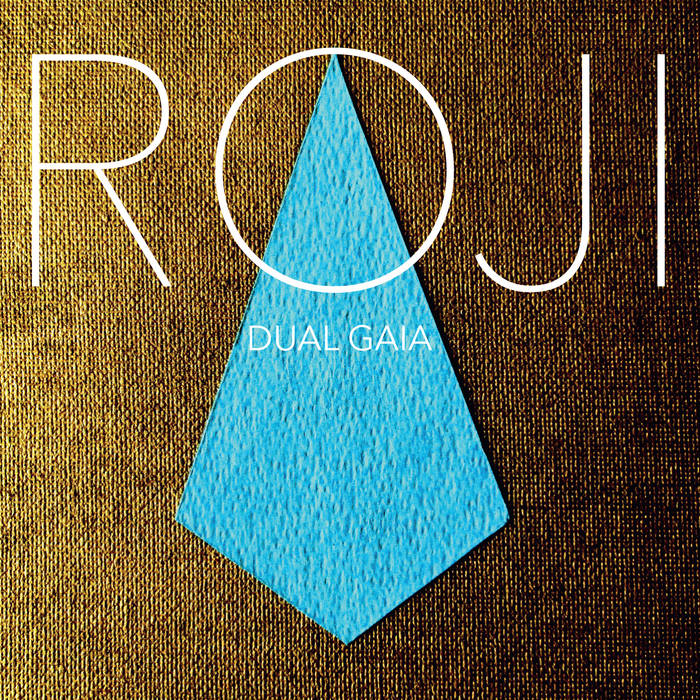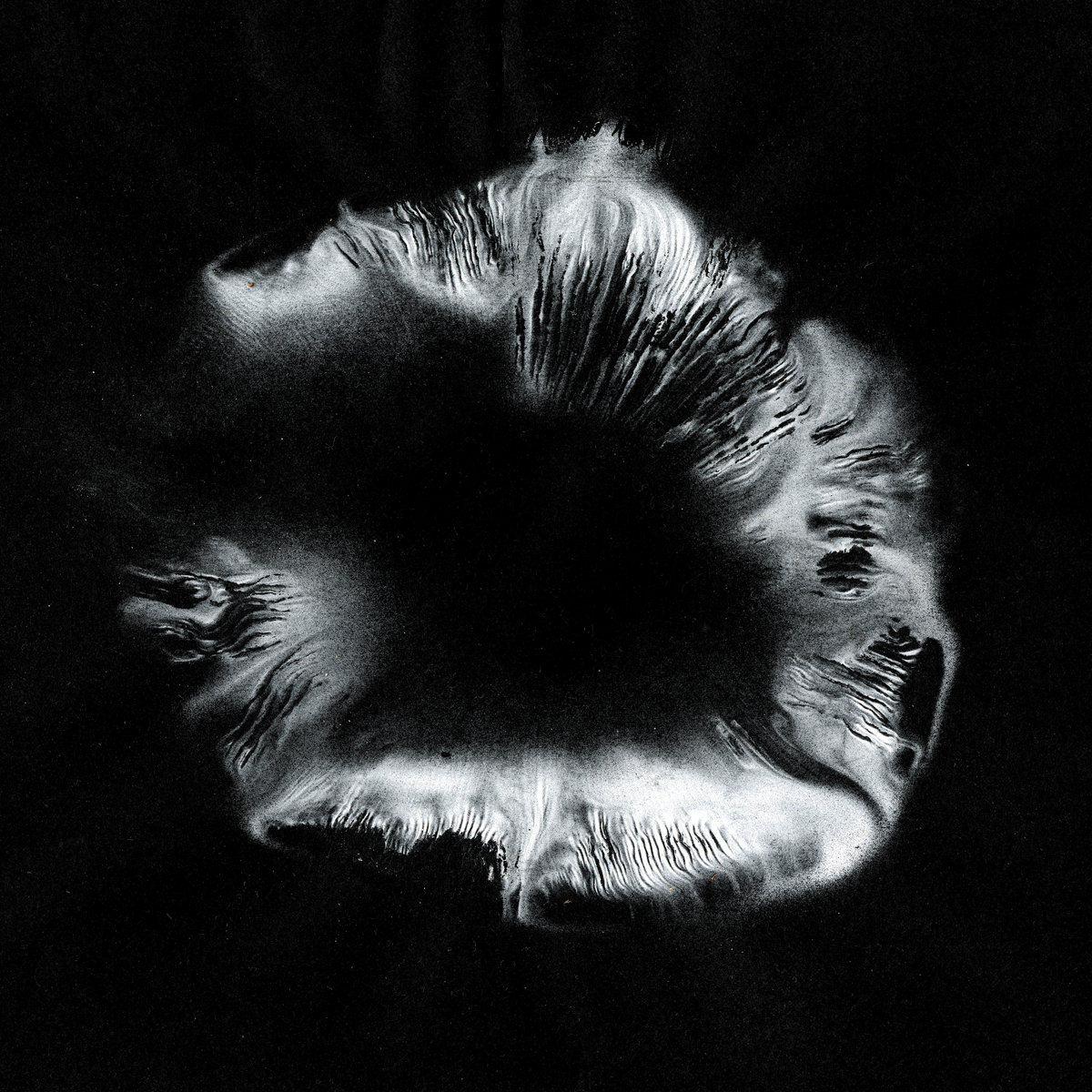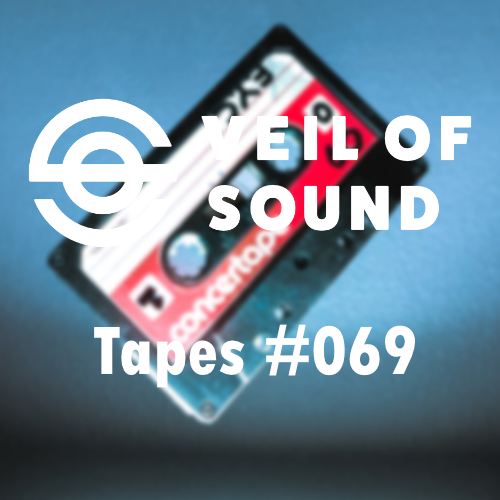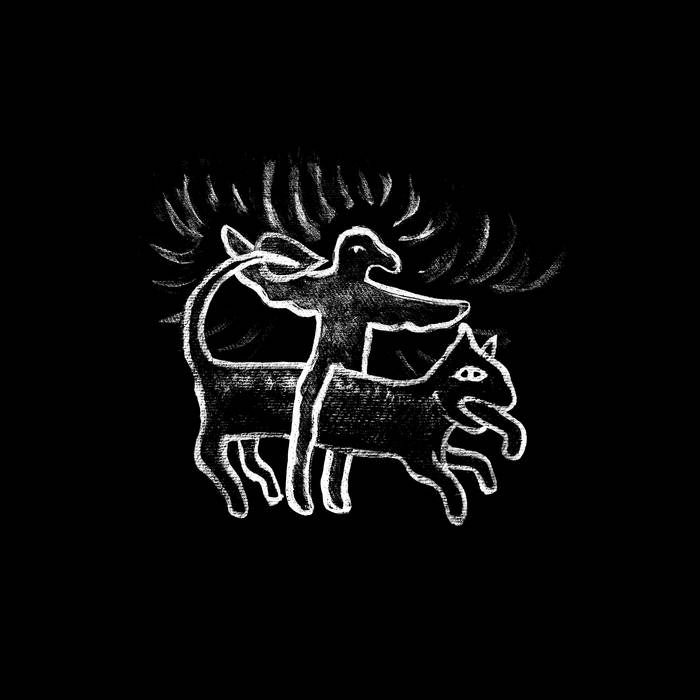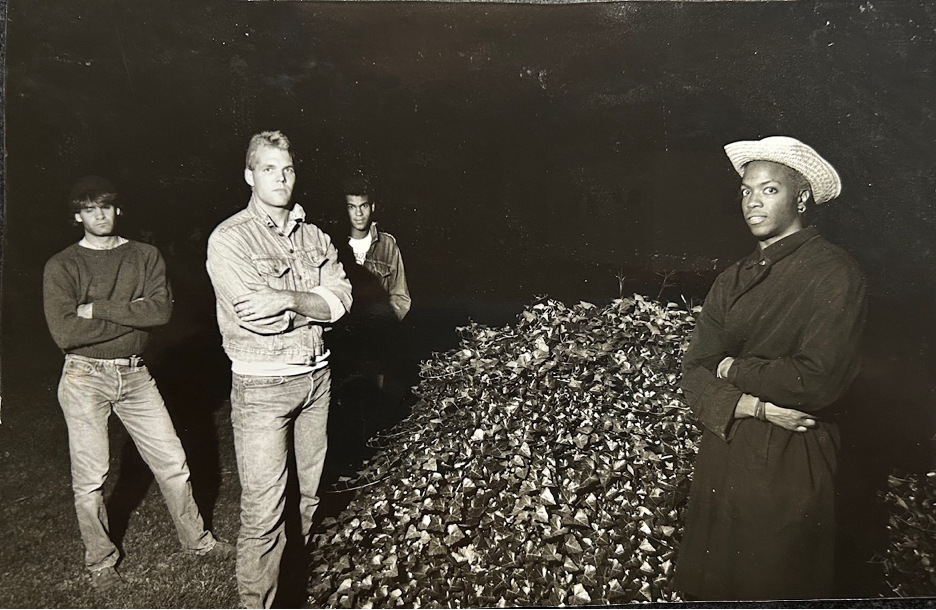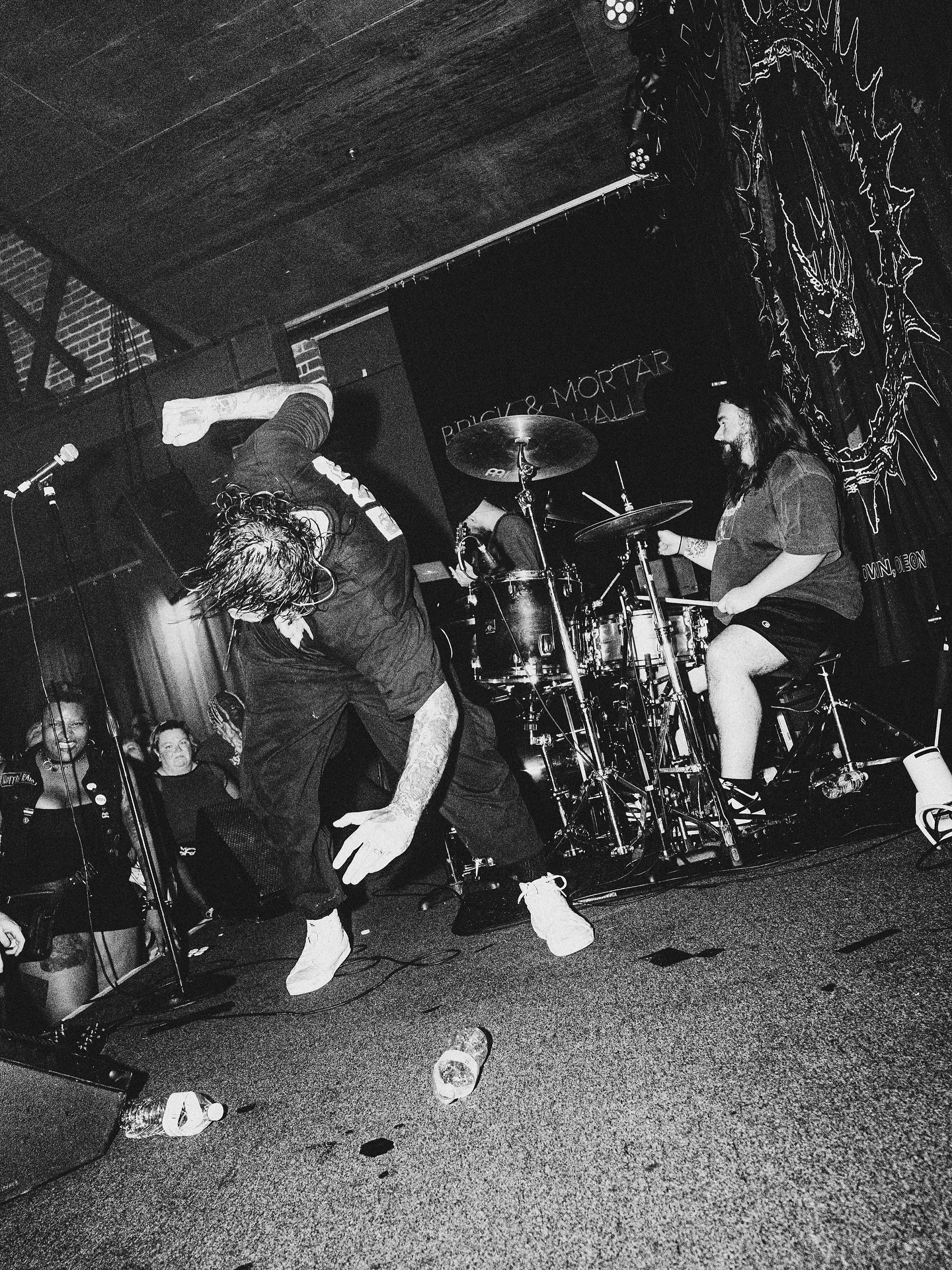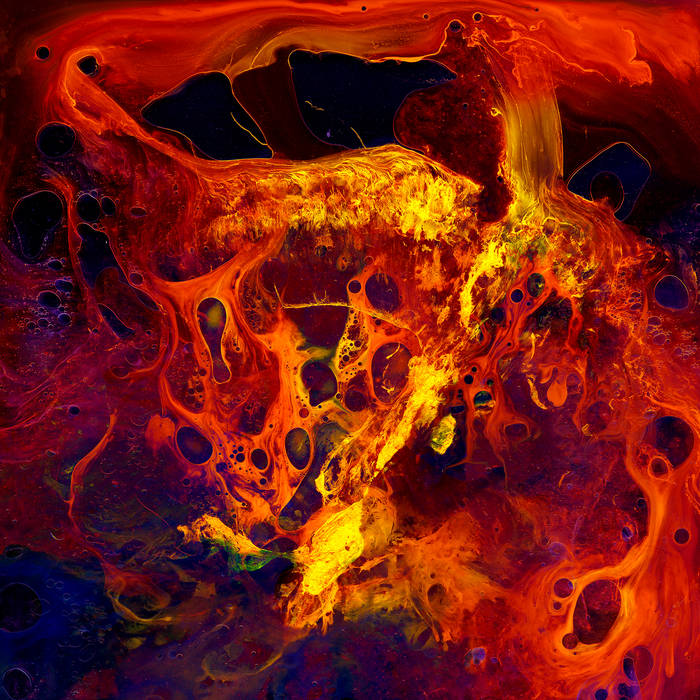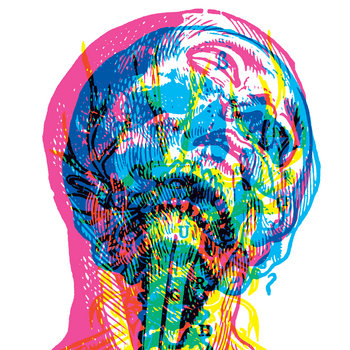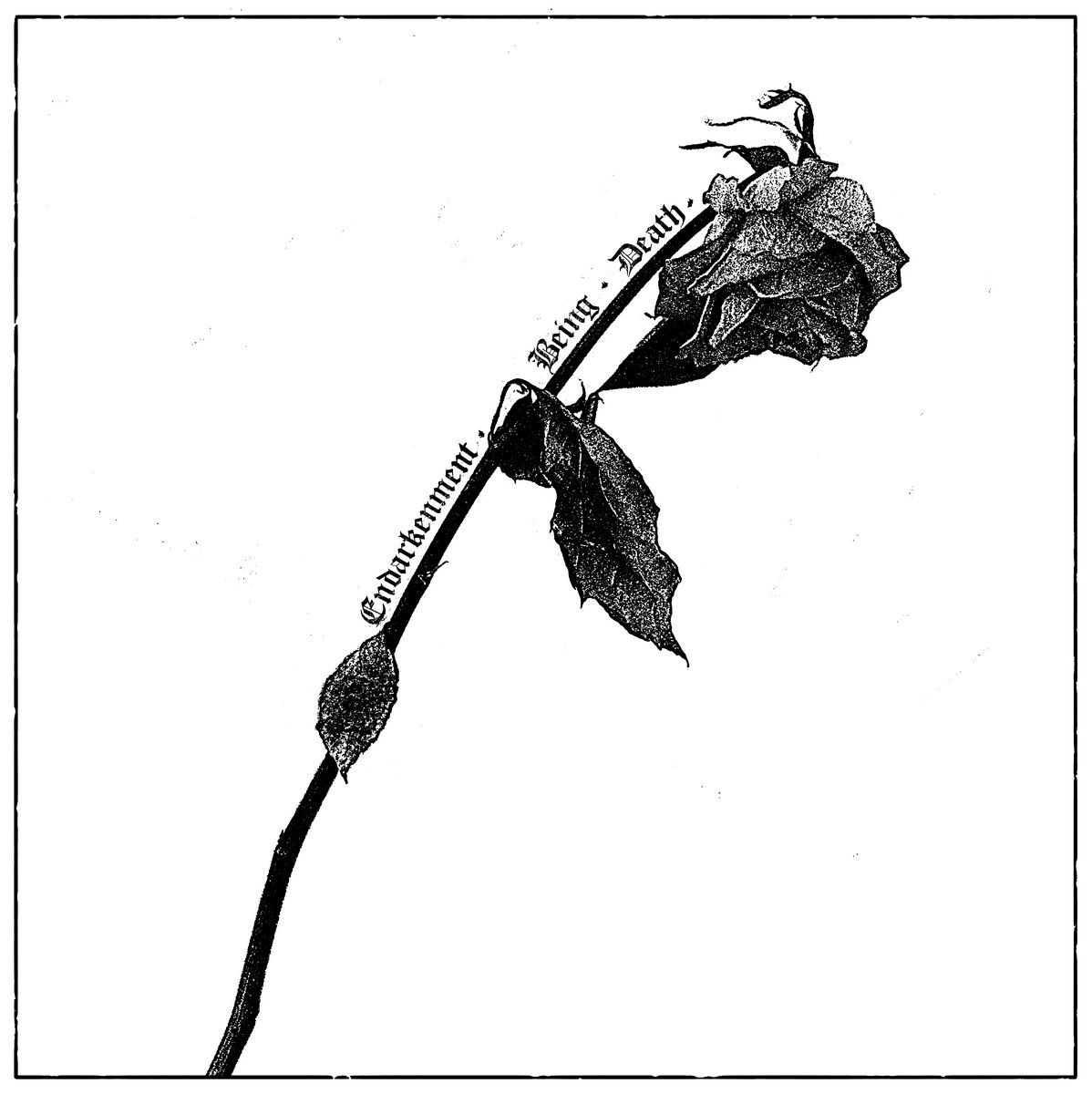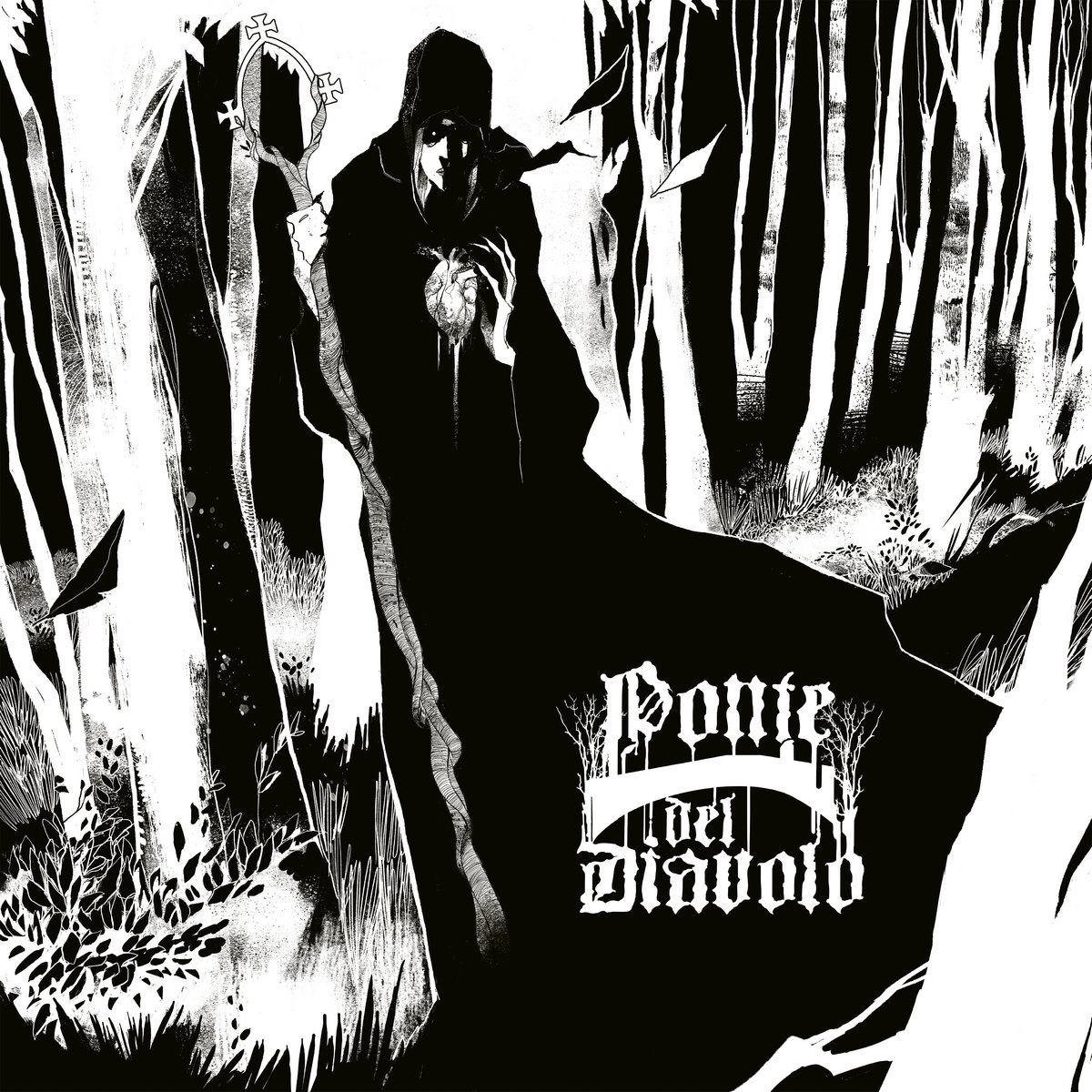Come on! You can pretend to be all grown-up and mature all day, but I’m seeing right through you. Yes, your taste in music is super sophisticated, deep and diversified. And I respect that! But you cannot for the life of me tell me that there’s isn’t at least a part of you that deep down just regularily needs an eardrum-lambasting fix of new always louder and crazier extreme shit which just smashes your face and pummels your body in some form. And if there’s a noise that can scratch that itch while still maintaining its creativity and musical relevance, that’s even better, isn’t it?
Roji’s Dual Gaia is definitely one of those itch scratchers for me, a huge heavy pitchfork with several differently sharp and spiky prongs. Which means that can I entrust this beautifully chaotic album to you from multiple angles.
Do you fancy a meaty chunk of overpowering dub noise from The Bug aka Kevin Martin played at the same time as drone tracks from Justin Broadrick’s Final and Dead Neanderthals? Then the eleven minute opener and title track is there for you! Held together mostly by its robotic hi-hat patterns “Dual Gaia” is dominated by thick walls of noises which drown the rest of the beat almost to unrecognizability. At this point it’s hard to identify of which ingredients this soup is even cooked. But the taste is already intriguing. Some sounds remind me of the heavily altered saxophone of Dead Neanderthals’ spin-off MNHM - and indeed alto sax (Patrick Shiroishi) and trumpet (Joao Almeida) are parts of Roji’s quartet line-up. Additionally Jörg A. Schneider is responsible for drums and electronics. And the fourth member? If you’re one of those fanatic followers of my VoS reviews, which I just want to assume are out there somewhere, you might find the cover artwork quite familiar from the Almeida Lopes Ernsting write-up I did back in February. It’s by the same artist, Gonçalo Almeida, who is of course also known to play upright and electric bass in countless projects between various variations of jazz and experimental metal.
That’s the cue for “Bass Chaser”. The second track of the album is a hellishly chaotic wave of heavy free jazz. The wind instruments are now clearly discernible, yet not easily digestibly, screaming the gospel of Coleman and Brötzmann from the top of their lungs, while the drums are brawling with the dirty metallic bass which Almeida also utilizes in the math jazzcore mindfuckery of his trio Albatre.
Both pieces establish the range in which the rest of the album creeps and sprawls. During the third track “Sinew Bender” the cacophony of noises emulates a wild offroad race with all the grunting, snarling and screaming sounds chasing each other over the adrenalin-fuelled pulse of a tribalistic beat. This is free jazz, but in a bass-heavy sonic space that’s also occupied by more than one avantgarde metal band these days. It’s here, but also when the following “Concrete Lymph” gains its full brutal momentum that you realize that this album is also a great direction to take if you dig Imperial Triumphant’s much talked about Spirit of Ecstasy and you are wondering where to go next. Of course there are plenty of over the top sick and disharmonic black and death metal groups out there, each giving the genre their own special spin. But once you realize that most of the common references like Blut Aus Nord actually come from a completely different background and you want to experience more of that substantial underlying jazz expertise in an equally as intense context, this might very well be the right path for you. Fittingly where Imperial Triumphant find inspiration in legendary jazz classics, I just can’t help but understand the melody stump which frames Roji’s fourth track here as a bastardized tribute to Dexter Gordon’s “Three O’Clock In The Morning” from 1962’s Go!
“Snakes With Pride” continues to cling to that sinister mood that is as intense as black metal without ever even really becoming metal at all, as the horns and drums are running berserk over a distorted PainKiller style Bill Laswell bass. But what - at least for newbies in the world of heavy jazz - could have been a challenging listening experience on its own, is just a warm-up for more here - “More Is More” to be specific. This fourteen minute piece not only is indeed the longest track on Dual Gaia, but also takes all kinds of sound experimentation, but also the relentless sheer sports aspect of this music to the maximum. Yet between the frantic drums, the fast bass runs and all the chopped and glitchy sounds being tossed around by their airstream, even here you can almost miraculously still access pockets of meditative atmosphere if you just willingly immerse yourself deep enough into the tohubohu.
The last track once again pairs a slow bass line with a hectic drum performance, clattering and almost breakbeat-like. The highlighted player however is Joao Almeida, whose trumpet finally answers that one burning question you never had until right now: How would Miles Davis sound if he was that chest-squatting demon from Henry Fuseli’s sleep paralysis painting from 1781?
And if you still don’t know if Dual Gaia could be for you: Maybe you just followed fellow VoS writer Brayden’s advice to take a listen to Effluence’s fun little aural nightmare Sarmat and now desperately need something to carefully come down from that experience and relax for a while? Because with ultimately all musical abrasiveness being subject to relativity, this album perfectly works for that purpose as well.

